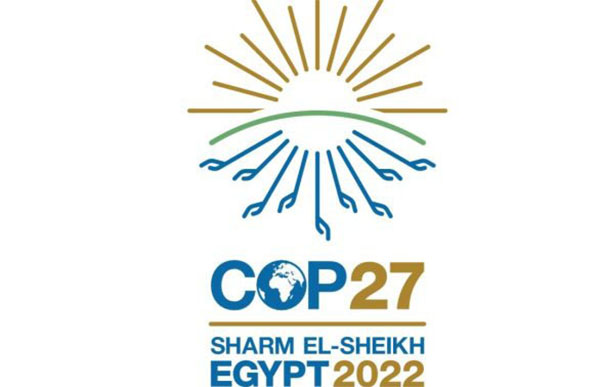Climate change exchanges between rich and poor countries have had to do with who ‘foots the bill’ for the damage caused by global warming in various parts of the world. This discourse has arisen out of the argument that it is the developed countries that have been, to an overwhelming extent, responsible for global warming and that it is they that should pay the lion’s share of the bill.
A November 7 report emanating from the COP 27 deliberations in Egypt suggests that the forum’s agenda will include a discussion of how rich countries can help pay the damage caused by global warming outside of their respective geographic boundaries.

Poor countries have long been pushing for a discussion on what has been termed “climate reparations,” since the earliest COP (Conference of Parties) engagements commenced. Those discourses have always metamorphosed into ‘dialogues of the deaf’ with industrialised nations repeatedly stonewalling on the issue, their reported fear being that any concession on the issue of reparations might throw open a floodgate of demands from poor countries amounting to many billions of dollars.
Egypt’s Foreign Minister, Sameh Shoukry, who had made the disclosure regarding the breakthrough on footing the bill for environmental despoiling was quoted as saying that an understanding was eventually reached following forty eight hours of “intense talks” had concluded with a compromise which agrees that the substantive discussion on reparations would focus on “cooperation and facilitation” rather than “liability or compensation.”
Delegates are reportedly aiming to arrive at a conclusive decision on loss and damage “no later than 2024.”
While, over the years, developing countries and small island states have contributed minimally to historical emissions of planet-warming gases, they have suffered disproportionately from the effects of those gases.
While the agreement will doubtless be regarded as a considerable diplomatic success it still leaves countries to determine how best to measure loss and damage and how much money will be put on the table by the wealthiest countries to help the poorer ones.
A plan that had been agreed back in 2009 to provide an annual US$100 billion for mitigation and adaptation financing failed to fructify.






